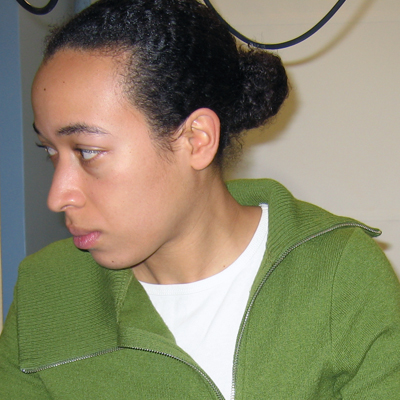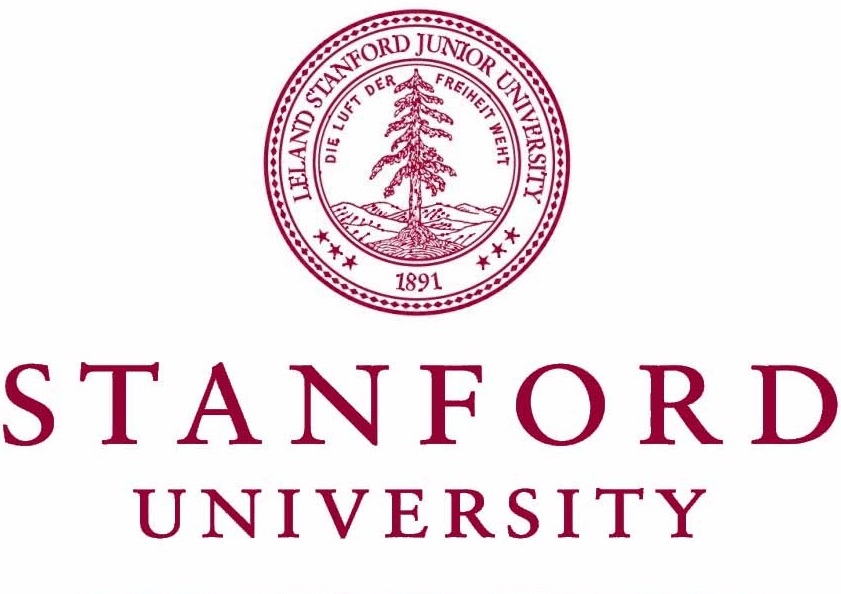Dr. Schleier-Smith's research with laser-cooled atoms pushes the frontier of quantum technologies
Just 40 quantum mechanical particles can contain more information than the world's largest supercomputer. Scientists dream of exploiting the extreme information density in quantum mechanical systems to enable new paradigms of computation or to construct ultra-precise compact sensors. Realizing these visions will require surmounting major experimental and conceptual challenges surrounding the generation and preservation of entanglement--the intricate tapestry of quantum correlations among particles. Dr. Monika Schleier-Smith, of Stanford University, tackles the problem of many-particle quantum control in experiments with laser-cooled atoms. Her top-down approach offers prospects for advancing technologies ranging from timekeeping and navigation to secure telecommunications.
A recipient of the Alfred P. Sloan Research Fellowship, Dr. Schleier-Smith combines a desire to push the frontiers of knowledge with a keen awareness of the power of fundamental research to transform technology. Her track record includes surpassing the standard quantum limit on the stability of an atomic clock by engineering entanglement among many thousands of atoms. One of the greatest challenges in quantum engineering is that a system is necessarily altered whenever it is observed. Thus, Dr. Schleier-Smith works to find ways of manipulating atoms while revealing as little as possible about them to the outside world. One approach is to place atoms between two mirrors (an optical resonator) and let photons shuttle information back and forth between them - allowing the atoms to "talk" to one another discretely without being "overheard." It may sound like mere gossip, but this chit-chat will form the foundation of a versatile new platform for engineering many-particle entangled states.
Current research projects include:
-
Fragile States for Quantum Sensing: Entangled states can be extraordinarily fragile, which makes them very challenging to prepare and preserve. However, if researchers are able to harness the power of that fragility, it can become a resource enabling quantum mechanical sensors with incredible precision. Dr. Schleier-Smith works to engineer states that are very sensitive to perturbation and understand how that sensitivity can be exploited to reach fundamental quantum mechanical limits to measurement precision.
-
Robust States for Information Storage: To realize visions of quantum computation, it will be necessary to prepare quantum states that are exceptionally robust, capable of storing information in a manner that is not disturbed by the outside world. Dr. Schleier-Smith is developing ways of encoding information redundantly by distributing it across many atoms; or embedding information in non-local, topological features--much like the twist of the celebrated Mobius strip--that cannot be removed by any local perturbation or distortion.
Bio
Monika Schleier-Smith was born and raised in Fairfax County, Virginia, where her high-school chemistry courses kindled a fascination with quantum mechanics. She attended Harvard University to study Chemistry and Physics, with a secondary concentration in Mathematics, and received her A.B. in 2005. She joined the group of Vladan Vuletic at the Massachusetts Institute of Technology for Ph.D. research in physics, supported by fellowships from the National Science Foundation and the Fannie and John Hertz Foundation. Upon receiving her Ph.D. in 2011, she assumed a postdoctoral fellowship in the group of Immanuel Bloch at the Ludwig-Maximilians-University of Munich and the Max Planck Institute of Quantum Optics. Since 2013, she has been an Assistant Professor at Stanford University. Her honors and awards include MIT's Martin Deutsch Award for Excellence in Experimental Physics, a Hertz Foundation Thesis Prize, and an Alfred P. Sloan Foundation Fellowship.
Dr. Schleier-Smith was drawn towards physics because of her fascination with quantum mechanics that originated from studying chemistry in high school and college. Ever since learning of the strange and counterintuitive laws of quantum physics, Dr. Schleier-Smith yearned to find opportunities for observing them in action at a microscopic level. She was thus drawn to pursue experiments with ultra-cold atoms, which when isolated in vacuum and subject to highly controlled manipulation with laser light, enable direct observation of quantum effects unexplainable by classical, Newtonian physics.
Website: https://sites.stanford.edu/sslab/


